CKA Linux Foundation Certified Kubernetes Administrator (CKA) Program Free Practice Exam Questions (2026 Updated)
Prepare effectively for your Linux Foundation CKA Certified Kubernetes Administrator (CKA) Program certification with our extensive collection of free, high-quality practice questions. Each question is designed to mirror the actual exam format and objectives, complete with comprehensive answers and detailed explanations. Our materials are regularly updated for 2026, ensuring you have the most current resources to build confidence and succeed on your first attempt.
Schedule a Pod as follows:
. Name: kucc1
. App Containers : 2
. Container Name/Images :
redis
Memcached
Configure the kubelet systemd- managed service, on the node labelled with name=wk8s-node-1, to launch a pod containing a single container of Image httpd named webtool automatically. Any spec files required should be placed in the /etc/kubernetes/manifests directory on the node.
You can ssh to the appropriate node using:
[student@node-1] $ ssh wk8s-node-1
You can assume elevated privileges on the node with the following command:
[student@wk8s-node-1] $ | sudo –i
Create and configure the service front-end-service so it's accessible through NodePort and routes to the existing pod named front-end.
Create a busybox pod and add “sleep 3600” command
Score: 5%
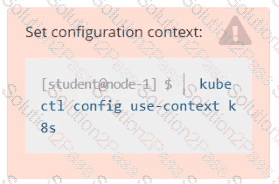
Task
Monitor the logs of pod bar and:
• Extract log lines corresponding to error file-not-found
• Write them to /opt/KUTR00101/bar
Score:7%
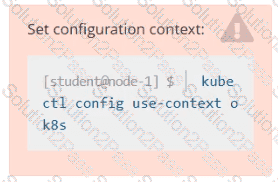
Task
Create a new PersistentVolumeClaim
• Name: pv-volume
• Class: csi-hostpath-sc
• Capacity: 10Mi
Create a new Pod which mounts the PersistentVolumeClaim as a volume:
• Name: web-server
• Image: nginx
• Mount path: /usr/share/nginx/html
Configure the new Pod to have ReadWriteOnce access on the volume.
Finally, using kubectl edit or kubectl patch expand the PersistentVolumeClaim to a capacity of 70Mi and record that change.
Print pod name and start time to “/opt/pod-status” file
Score: 7%
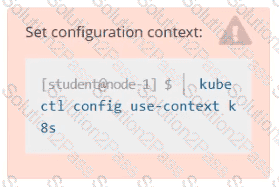
Task
Create a new nginx Ingress resource as follows:
• Name: ping
• Namespace: ing-internal
• Exposing service hi on path /hi using service port 5678
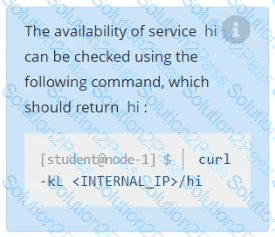
You must connect to the correct host.
Failure to do so may result in a zero score.
[candidate@base] $ ssh Cka000055
Task
Verify the cert-manager application which has been deployed to your cluster .
Using kubectl, create a list of all cert-manager Custom Resource Definitions (CRDs ) and save it
to ~/resources.yaml .
You must use kubectl 's default output format.
Do not set an output format.
Failure to do so will result in a reduced score.
Using kubectl, extract the documentation for the subject specification field of the Certificate Custom Resource and save it to ~/subject.yaml.
Create a pod with environment variables as var1=value1.Check the environment variable in pod
Create a pod as follows:
Name: mongo
Using Image: mongo
In a new Kubernetes namespace named: my-website
Create a file:
/opt/KUCC00302/kucc00302.txt that lists all pods that implement service baz in namespace development.
The format of the file should be one pod name per line.
Perform the following tasks:
Add an init container to hungry-bear (which has been defined in spec file /opt/KUCC00108/pod-spec-KUCC00108.yaml)
The init container should create an empty file named/workdir/calm.txt
If /workdir/calm.txt is not detected, the pod should exit
Once the spec file has been updated with the init container definition, the pod should be created
Create a deployment spec file that will:
Launch 7 replicas of the nginx Image with the labelapp_runtime_stage=dev
deployment name: kual00201
Save a copy of this spec file to /opt/KUAL00201/spec_deployment.yaml
(or /opt/KUAL00201/spec_deployment.json).
When you are done, clean up (delete) any new Kubernetes API object that you produced during this task.
List all the pods sorted by created timestamp
Check the Image version of nginx-dev pod using jsonpath
You must connect to the correct host.
Failure to do so may result in a zero score.
[candidate@base] $ ssh Cka000049
Task
Perform the following tasks:
Create a new PriorityClass named high-priority for user-workloads with a value that is one less
than the highest existing user-defined priority class value.
Patch the existing Deployment busybox-logger running in the priority namespace to use the high-priority priority class.
You must connect to the correct host.
Failure to do so may result in a zero score.
[candidate@base] $ ssh Cka000056
Task
Review and apply the appropriate NetworkPolicy from the provided YAML samples.
Ensure that the chosen NetworkPolicy is not overly permissive, but allows communication between the frontend and backend Deployments, which run in the frontend and backend namespaces respectively.
First, analyze the frontend and backend Deployments to determine the specific requirements for the NetworkPolicy that needs to be applied.
Next, examine the NetworkPolicy YAML samples located in the ~/netpol folder.
Failure to comply may result in a reduced score.
Do not delete or modify the provided samples. Only apply one of them.
Finally, apply the NetworkPolicy that enables communication between the frontend and backend Deployments, without being overly permissive.
Create a pod that echo “hello world” and then exists. Have the pod deleted automatically when it’s completed
You must connect to the correct host.
Failure to do so may result in a zero score.
[candidate@base] $ ssh Cka000046
Task
First, create a new StorageClass named local-path for an existing provisioner named rancher.io/local-path .
Set the volume binding mode to WaitForFirstConsumer .
Not setting the volume binding mode or setting it to anything other than WaitForFirstConsumer may result in a reduced score.
Next, configure the StorageClass local-path as the default StorageClass .
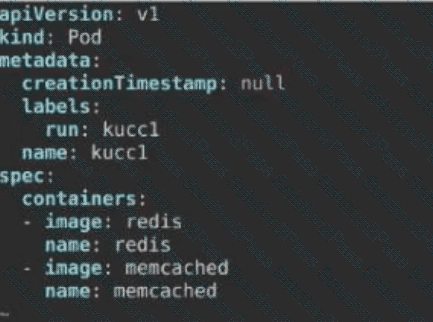 A screen shot of a computer AI-generated content may be incorrect.
A screen shot of a computer AI-generated content may be incorrect.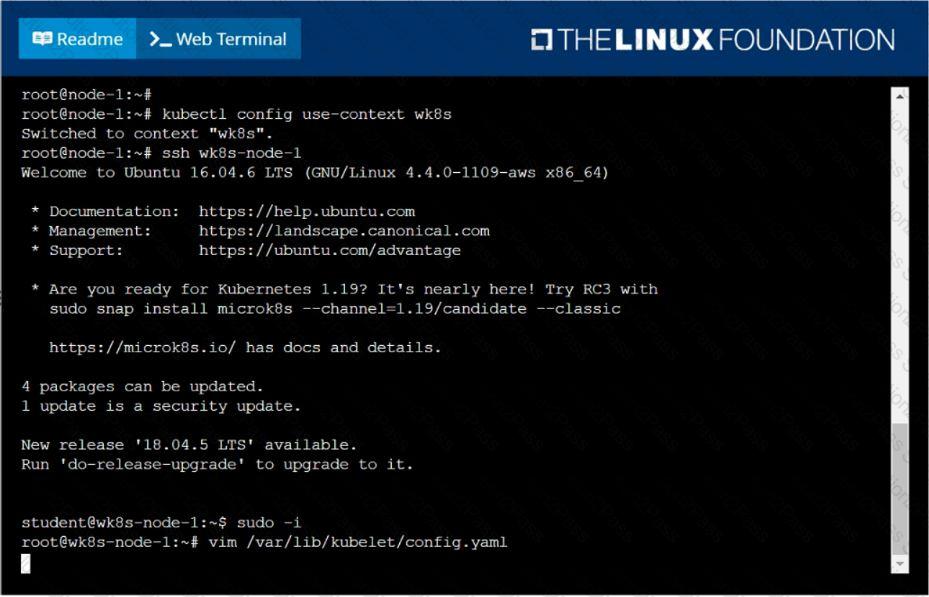 F:\Work\Data Entry Work\Data Entry\20200827\CKA\21 C.JPG
F:\Work\Data Entry Work\Data Entry\20200827\CKA\21 C.JPG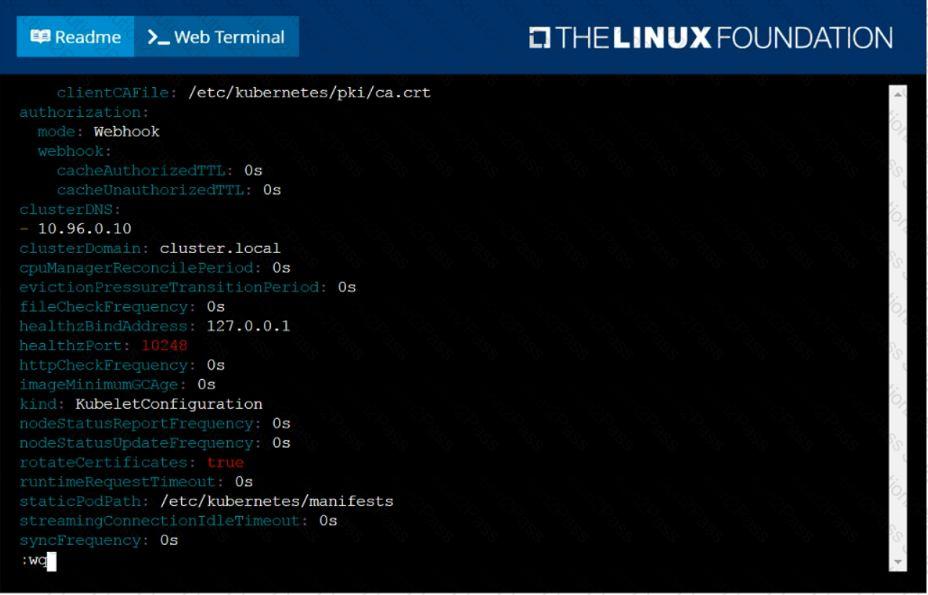 F:\Work\Data Entry Work\Data Entry\20200827\CKA\21 D.JPG
F:\Work\Data Entry Work\Data Entry\20200827\CKA\21 D.JPG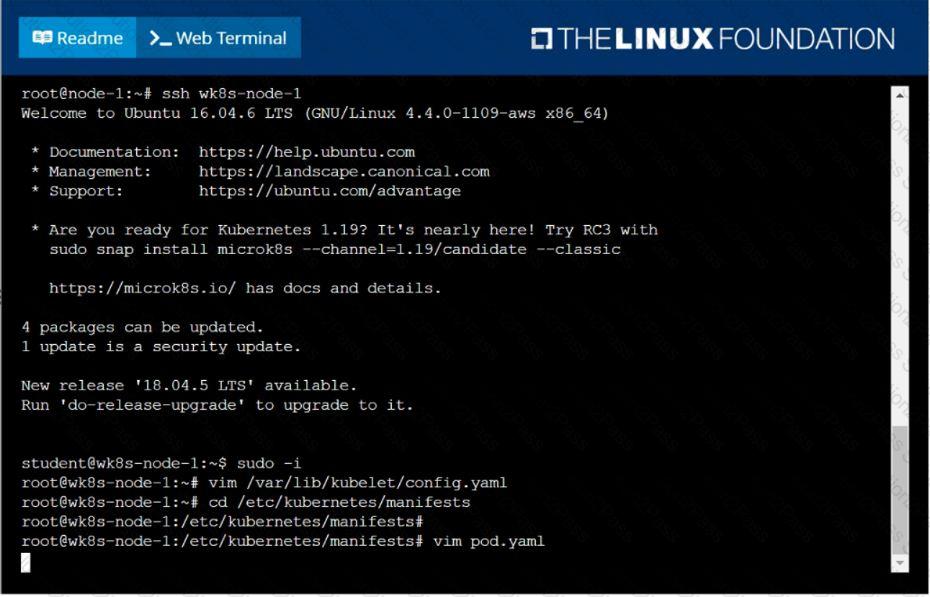 F:\Work\Data Entry Work\Data Entry\20200827\CKA\21 E.JPG
F:\Work\Data Entry Work\Data Entry\20200827\CKA\21 E.JPG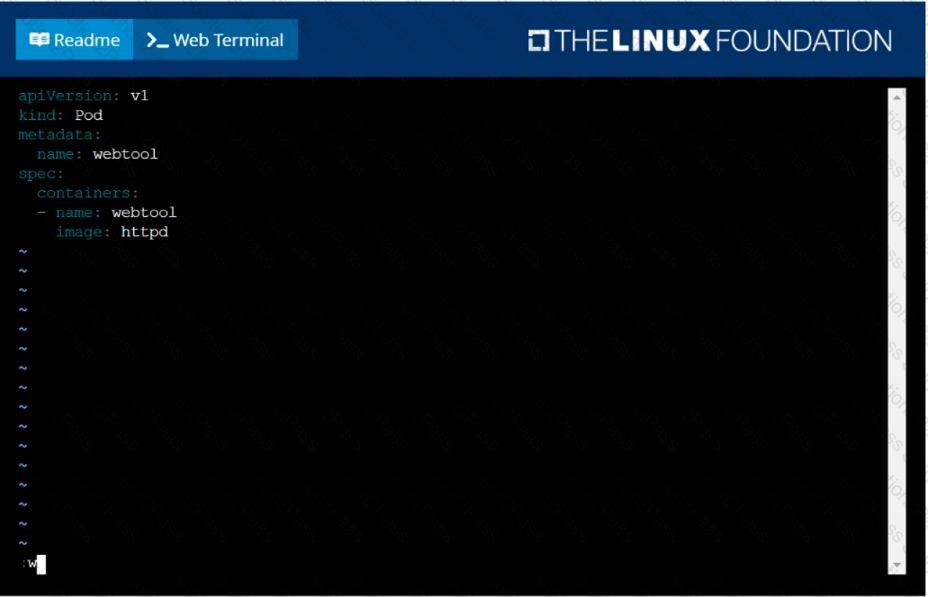 F:\Work\Data Entry Work\Data Entry\20200827\CKA\21 F.JPG
F:\Work\Data Entry Work\Data Entry\20200827\CKA\21 F.JPG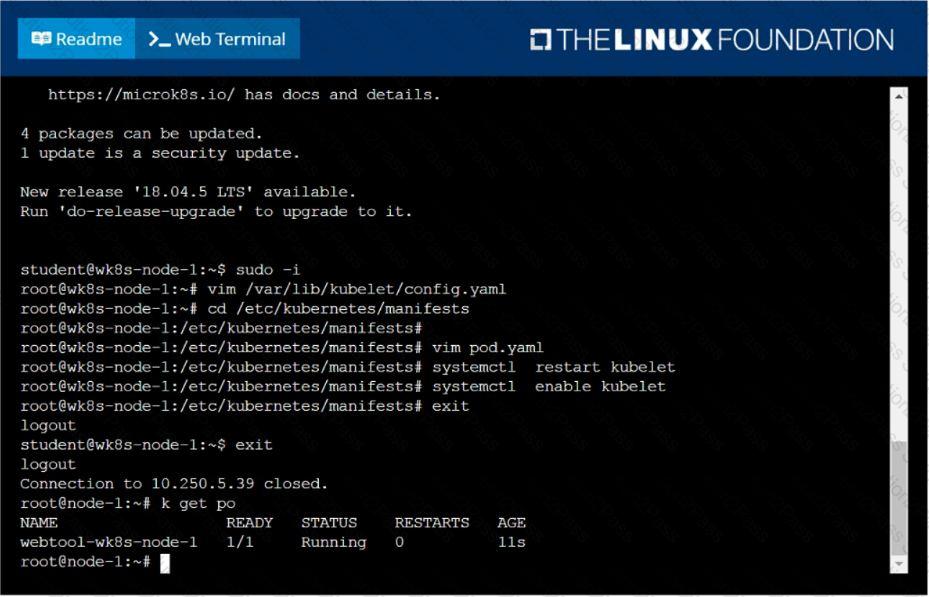 F:\Work\Data Entry Work\Data Entry\20200827\CKA\21 G.JPG
F:\Work\Data Entry Work\Data Entry\20200827\CKA\21 G.JPG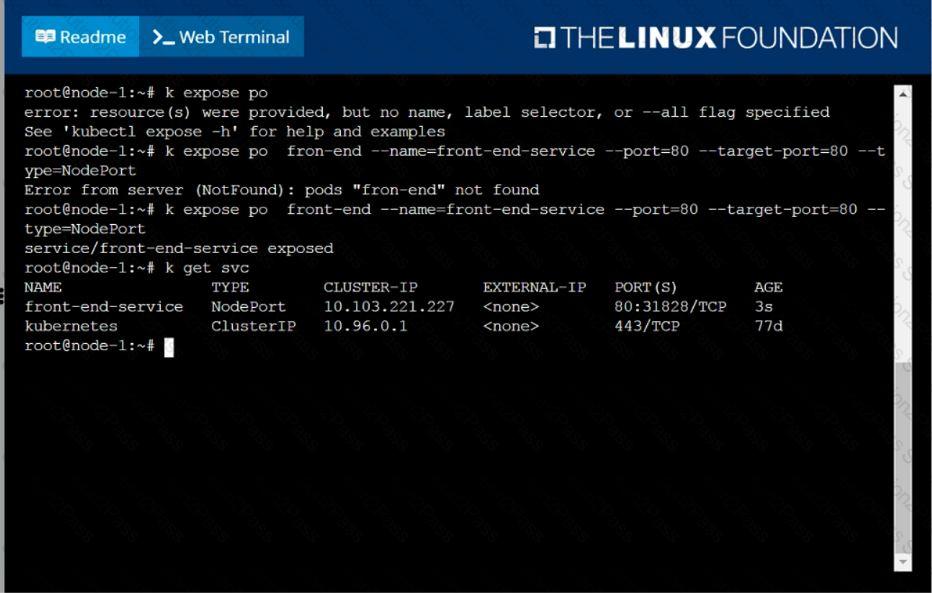 F:\Work\Data Entry Work\Data Entry\20200827\CKA\8 B.JPG
F:\Work\Data Entry Work\Data Entry\20200827\CKA\8 B.JPG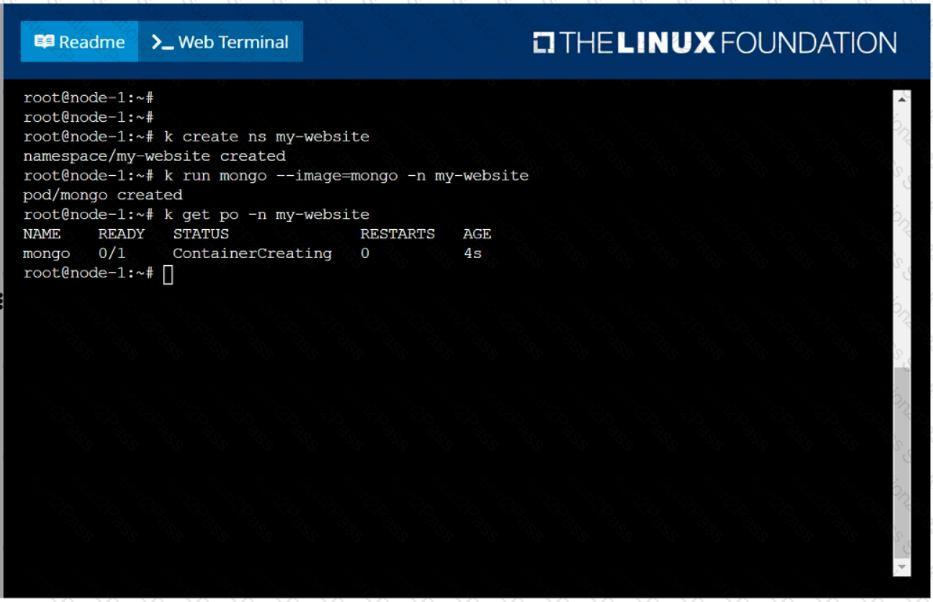 F:\Work\Data Entry Work\Data Entry\20200827\CKA\9 B.JPG
F:\Work\Data Entry Work\Data Entry\20200827\CKA\9 B.JPG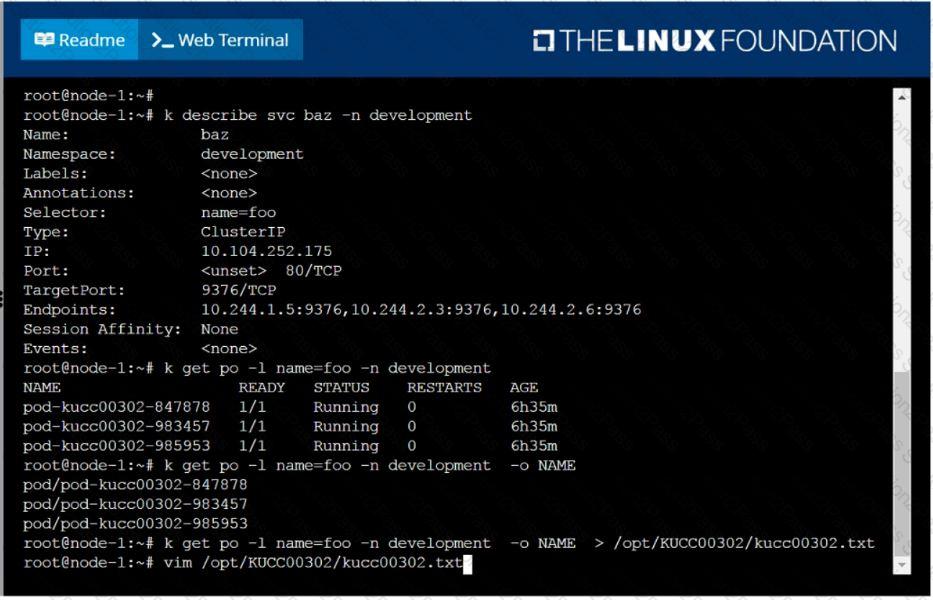 F:\Work\Data Entry Work\Data Entry\20200827\CKA\11 B.JPG
F:\Work\Data Entry Work\Data Entry\20200827\CKA\11 B.JPG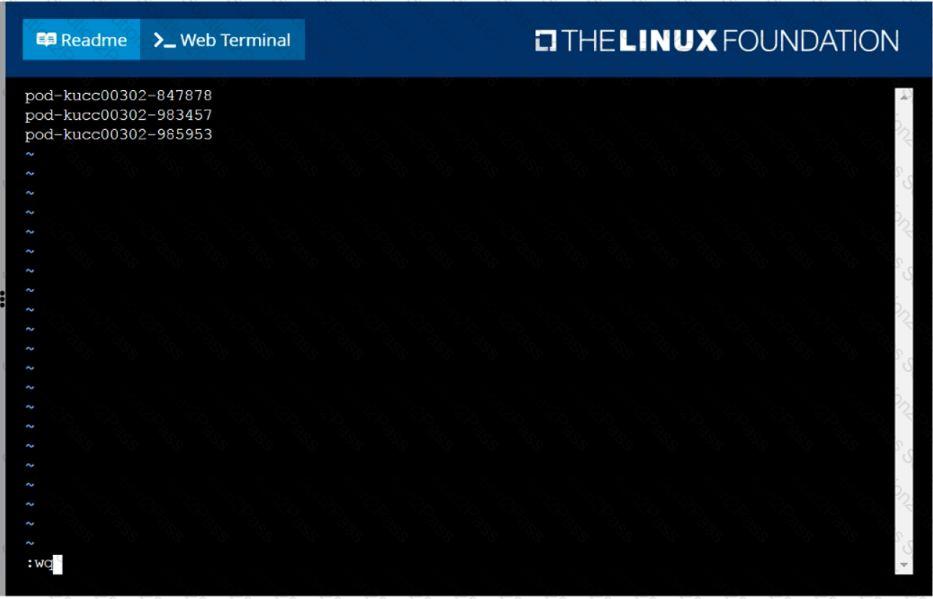 F:\Work\Data Entry Work\Data Entry\20200827\CKA\11 C.JPG
F:\Work\Data Entry Work\Data Entry\20200827\CKA\11 C.JPG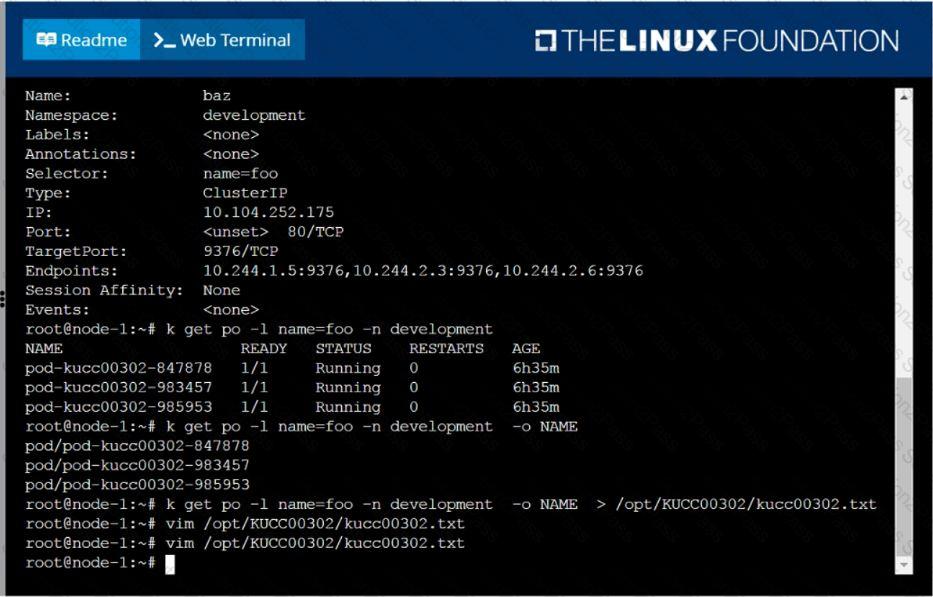 F:\Work\Data Entry Work\Data Entry\20200827\CKA\11 D.JPG
F:\Work\Data Entry Work\Data Entry\20200827\CKA\11 D.JPG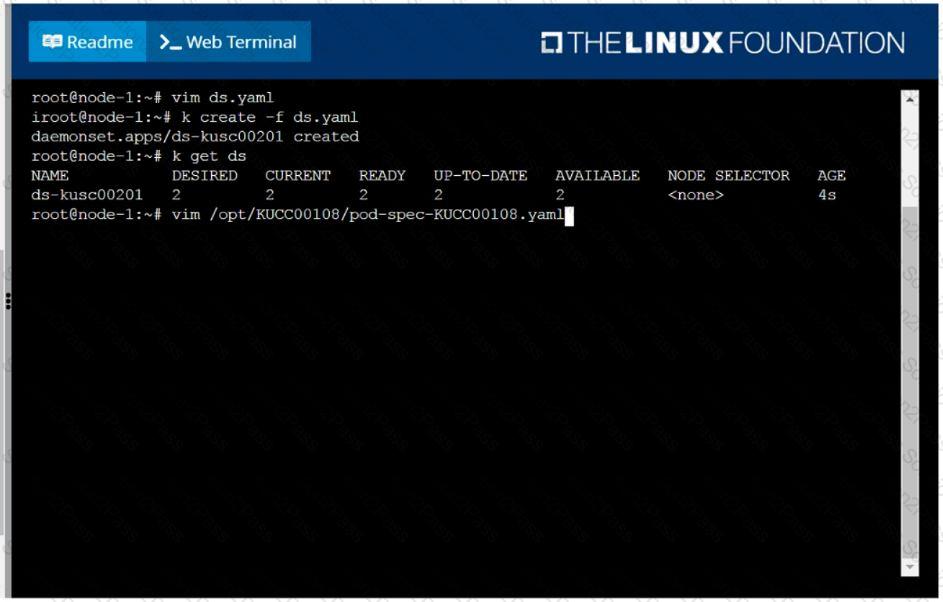 F:\Work\Data Entry Work\Data Entry\20200827\CKA\4 B.JPG
F:\Work\Data Entry Work\Data Entry\20200827\CKA\4 B.JPG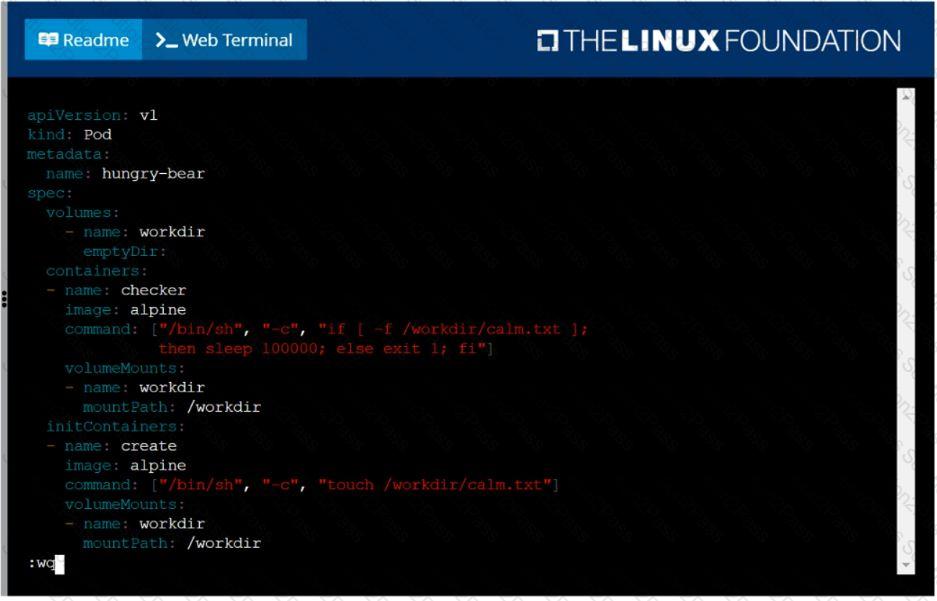 F:\Work\Data Entry Work\Data Entry\20200827\CKA\4 C.JPG
F:\Work\Data Entry Work\Data Entry\20200827\CKA\4 C.JPG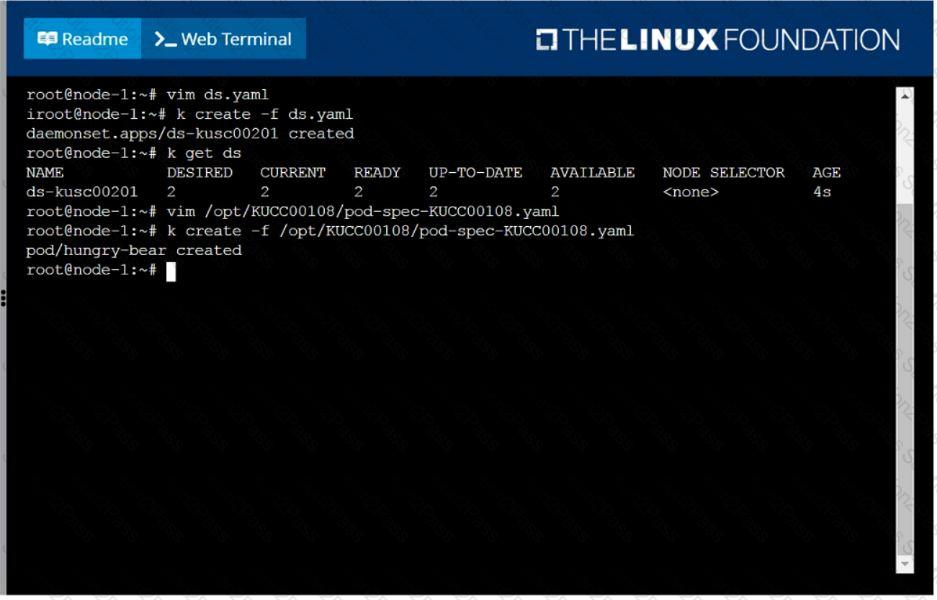 F:\Work\Data Entry Work\Data Entry\20200827\CKA\4 D.JPG
F:\Work\Data Entry Work\Data Entry\20200827\CKA\4 D.JPG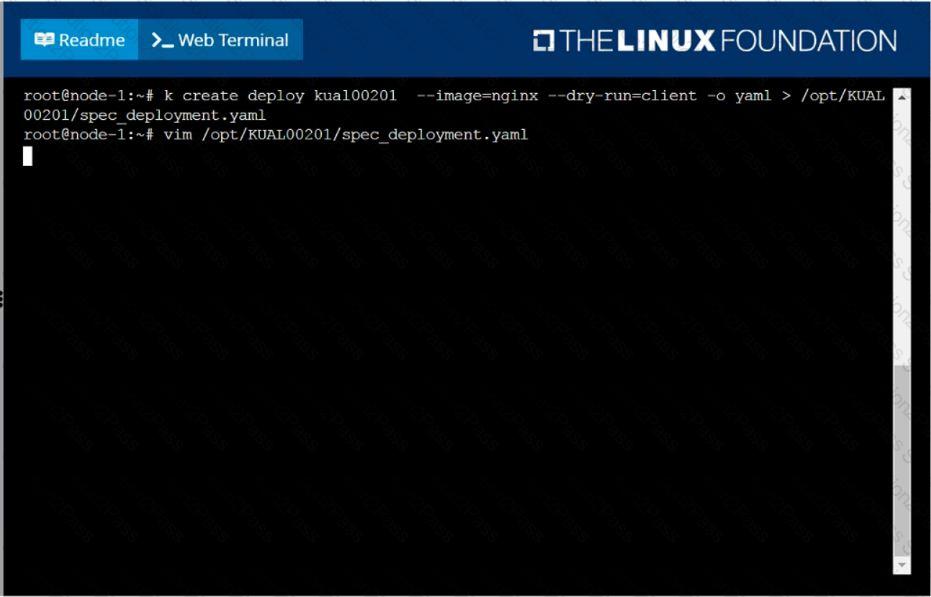 F:\Work\Data Entry Work\Data Entry\20200827\CKA\10 B.JPG
F:\Work\Data Entry Work\Data Entry\20200827\CKA\10 B.JPG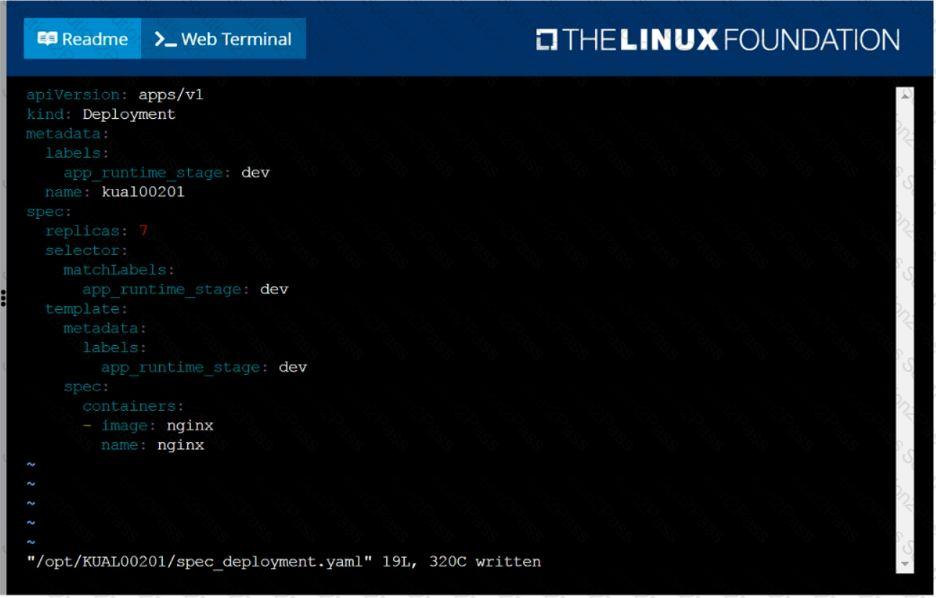 F:\Work\Data Entry Work\Data Entry\20200827\CKA\10 C.JPG
F:\Work\Data Entry Work\Data Entry\20200827\CKA\10 C.JPG